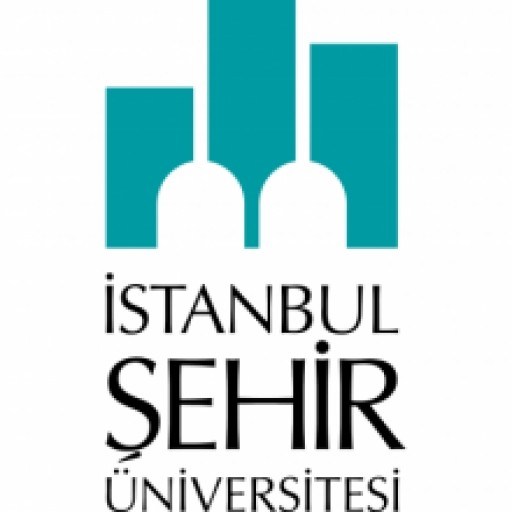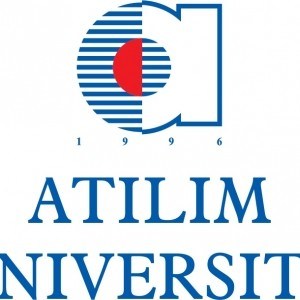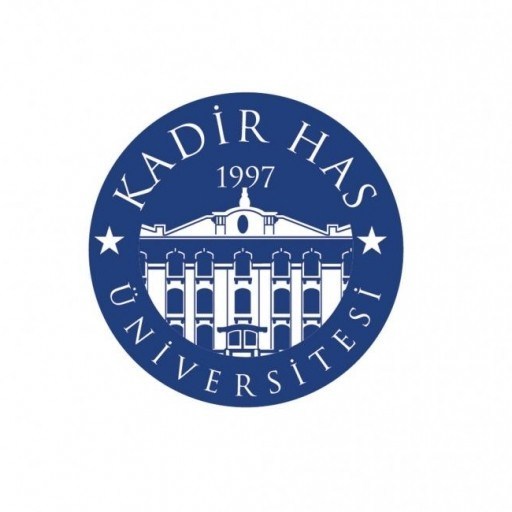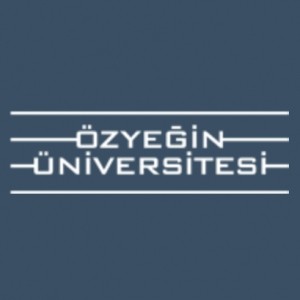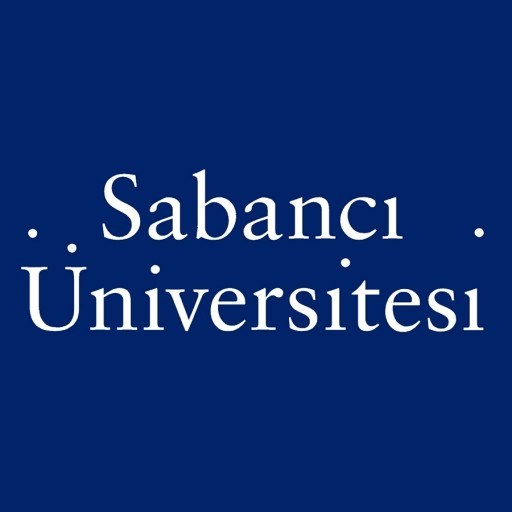Photos of university / #kocuniversity
Industrial Engineering at Koç University is a comprehensive and innovative program designed to prepare students for the dynamic and multidisciplinary field of industrial systems. The curriculum combines fundamental engineering principles with advanced techniques in optimization, data analysis, supply chain management, and systems engineering, equipping graduates with the skills necessary to improve, design, and manage complex processes across various industries. Students engage in both theoretical coursework and hands-on projects, fostering critical thinking and problem-solving abilities. The program emphasizes the integration of technology and management strategies to enhance efficiency, productivity, and quality in manufacturing, service operations, healthcare, and logistics. Throughout their studies, students have access to state-of-the-art laboratories and research facilities, enabling experiential learning and exposure to real-world challenges. The faculty members are distinguished researchers and practitioners committed to delivering high-quality education and mentorship. Koç University’s strong ties with industry partners provide students with internship opportunities and industry insights, facilitating smooth transition from academic life to professional careers. Graduates of the Industrial Engineering program at Koç University are prepared for diverse roles in consulting, operations management, supply chain coordination, data analytics, and systems design. They are equipped to contribute effectively to technological innovation and organizational improvement in a global environment. With a curriculum aligned with international standards and a focus on lifelong learning, the program aims to develop not only technical expertise but also leadership, communication, and ethical awareness, enabling students to become key contributors to society and the economy.
The undergraduate Industrial Engineering program at Koç University is designed to equip students with a comprehensive understanding of the core principles and advanced techniques necessary to optimize complex systems and processes across various industries. The curriculum combines rigorous coursework in mathematics, statistics, engineering, and business sciences to develop analytical, problem-solving, and management skills essential for today's competitive environment. Students engage in a blend of theoretical knowledge and practical applications through laboratory sessions, project-based learning, and internships that prepare them for real-world challenges.
The program emphasizes the development of competencies in areas such as manufacturing systems, supply chain management, operations research, quality engineering, and data analytics. Students learn to design, analyze, and improve processes to increase efficiency, reduce costs, and enhance quality. Through courses in programming, simulation, and decision support systems, students gain proficiency in modern tools and technologies used in industrial engineering practices. Ethical considerations, sustainability, and innovation are integrated throughout the program to foster responsible and forward-thinking professionals.
Koç University's strong emphasis on research and collaboration provides students opportunities to work alongside faculty on cutting-edge projects, participate in industry-sponsored research, and attend conferences. The interdisciplinary approach prepares graduates for diverse roles in manufacturing, logistics, consulting, healthcare, technology, and service industries. Graduates of the program are well-positioned to pursue careers as industrial engineers, process improvement specialists, supply chain analysts, or continue their education in master's and doctoral programs. With a focus on developing leadership and communication skills, the program aims to produce versatile engineers capable of driving innovation and efficiency in various organizational settings.
Program requirements for the Bachelor of Science in Industrial Engineering at Koç University include a comprehensive curriculum designed to develop students' analytical, technological, and managerial skills. Prospective students are expected to have a strong foundation in mathematics, including calculus, linear algebra, and differential equations, as well as proficiency in physics and basic computer programming. English language proficiency is mandatory, typically demonstrated through recognized exams such as TOEFL or IELTS, to ensure students can engage with the curriculum seamlessly.
Applicants should have completed secondary education with excellent academic records, particularly in science and mathematics courses. Koç University emphasizes interdisciplinary learning, so students with backgrounds in related fields such as mechanical engineering or electrical engineering are also encouraged to apply, provided they meet the core prerequisites. The admissions process involves an evaluation of academic achievement, standardized test scores, and an assessment of extracurricular activities and leadership potential.
Once admitted, students are required to complete a set of core courses in mathematics, physics, engineering principles, and computer programming during their first two years. These foundational courses underpin advanced studies in operations research, systems engineering, production planning, quality control, supply chain management, and computational methods. In addition to coursework, students are expected to participate in laboratory work, team projects, and internships to gain practical experience.
Koç University's Industrial Engineering program also mandates the completion of a capstone project in collaboration with industry partners, which enables students to apply their knowledge to real-world problems. To graduate, students must accumulate a specified number of academic credits, pass all courses, and demonstrate proficiency in areas such as data analysis, optimization techniques, and process improvement methodologies. Maintaining a minimum GPA as defined by the university standards is essential throughout the program.
Furthermore, students are encouraged to participate in seminars, workshops, and student organizations related to engineering and technology, fostering a multidisciplinary and innovative mindset. Language courses, ethics classes, and opportunities for international exchange are also part of the curriculum requirements, ensuring graduates are well-rounded and globally competent. Overall, the program aims to prepare students for a wide range of careers in manufacturing, logistics, consulting, and technological innovation sectors, demanding high academic standards and active engagement in both theoretical and practical learning environments.
Financial Aid
The students who get the KU full-scholarship, will be supported with one of thepackages below;
For MS Students (Thesis Programs):
* Students admitted with a BS/BA degree will have the folowfing offer: * Tuition waiver (33,500 TL/year) plus 1,150 TL monthly stipend, housing.
For PhD Students:
* Students admitted with a BS/BA degree will have the following offer: * Tuition waiver (33,500 TL/year) plus 1,150 TL monthly stipend, housing. The monthly stipend increases to 1,600 TL after the student passes the PhD qualifier.
* Students admitted with a MS/MA degree will have the following offer: * Tuition waiver (33,500 TL/year) plus 1, 400 TL monthly stipend. The monthly stipend increases to 1,600 TL after the student passes the PhD qualifier
Additional Benefits:
* All students receive a laptop computer and private health insurance.
* Students with successful standing receive travel funds to attend scientific conferences and meetings.
* PhD students with higher GPA degrees may be offered super scholarship up to 2,500 TL .
* Students who receive their stipend from other sources (like TÜBITAK scholarships or externally funded research grants and projects) are eligible for the following benefits provided by the university:
* Research Award: 1,300 TL
* Free Housing: This includes all costs except telephone expenses.
* Research Award for PhD students: 2,000 TL/year after they pass the qualifier.
The Bachelor of Science in Industrial Engineering at Koç University offers a comprehensive undergraduate program designed to prepare students for diverse careers in the field of industrial engineering and related disciplines. The curriculum emphasizes the development of strong analytical, problem-solving, and decision-making skills, equipping graduates with the ability to optimize complex systems and processes across various industries. Students are introduced to core topics such as operations research, systems analysis, production planning, quality control, supply chain management, and human factors engineering, among others. The program integrates theoretical knowledge with practical applications through laboratory work, project-based learning, internships, and industry collaborations, which provide students with real-world experience and exposure to current industry standards and practices.
Koç University’s industrial engineering program is structured to foster interdisciplinary thinking and adaptability, which are essential in today's rapidly evolving technological landscape. The faculty members are experienced researchers and industry professionals who provide mentorship and guidance, ensuring a high academic standard and relevance to current market needs. The program also emphasizes the importance of global perspectives, innovative thinking, and entrepreneurship, encouraging students to develop solutions for complex problems with social and environmental considerations in mind.
Students benefit from state-of-the-art facilities, including dedicated laboratories and simulation environments, and participate in various extracurricular activities, seminars, and workshops to enhance their soft skills and industry awareness. The program offers opportunities for international exchange and collaboration with other leading universities worldwide, broadening students' academic and cultural horizons. Upon graduation, students are well-prepared for careers in manufacturing, logistics, consulting, technology, finance, and other sectors that require expertise in process optimization, data analysis, and strategic planning.
Furthermore, the industrial engineering curriculum at Koç University is regularly updated to incorporate emerging trends such as digital transformation, automation, and Industry 4.0, ensuring that graduates possess relevant and competitive skills in the global job market. The program also provides pathways for those interested in pursuing graduate studies or research careers by offering strong foundational knowledge and research opportunities in various specialized areas of industrial engineering. Overall, the program aims to produce versatile, innovative, and socially responsible engineers capable of contributing to the development and efficiency of organizations worldwide.

